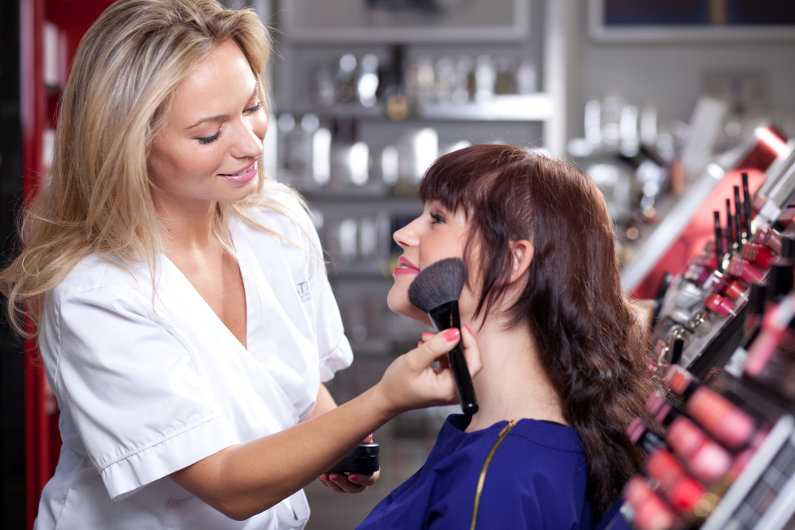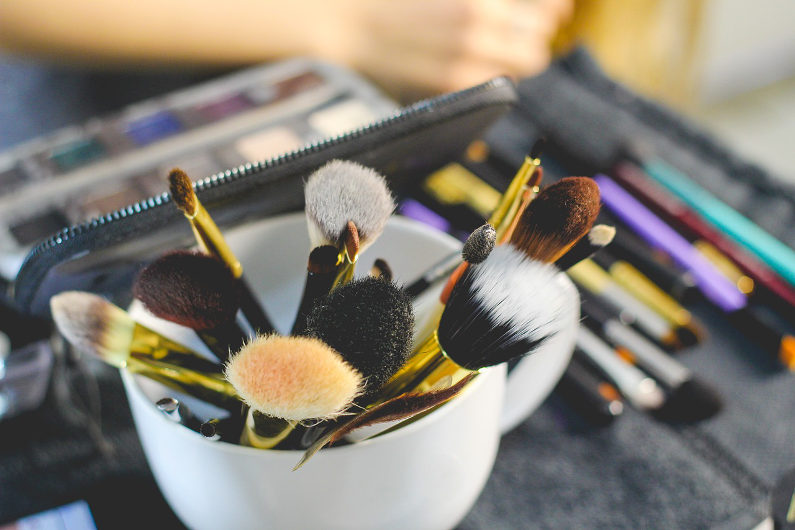Being in the business of beauty is more than just about selling your products as fast as you can. You can’t expect retailing beauty items to be the same as selling, say, crockery or office supplies. Skincare products and cosmetics tend to be more intimate and more personal because their purpose is fulfilling that fundamental desire among people to look good and feel great about themselves. As a beauty store owner, you have to be more refined in your approach to selling. Here are a few tips to help you polish your methodology.

Deliver Personalized Service
No two people are the same, and this can’t be truer when it comes to customers who buy beauty products. Because every person’s skin is different, what works for one person might not necessarily work for another. There are people with oily, normal, dry, and combination skin types, as well as people with highly sensitive skin or those who are prone to having breakouts. People of different ethnic backgrounds will likewise have different skincare needs as well.
As such, your philosophy to doing business shouldn’t be a cookie-cutter, one-size-fits-all approach. Listen closely to what your customers need, and don’t be afraid to maintain an open communication line where you can answer their questions personally and provide advice whenever necessary. This way, they’ll be able to easily find products that could solve the skin concerns they have.
Naturally, you should also make it a point to temper people’s expectations. After all, when it comes to beauty and skincare, people’s mileage tend to vary, and finding those holy grail items often involves an element of trial and error for many customers.
Choose Brands and Products You Believe In
Often, beauty shop owners want to diversify their product lineups so much that their inventory becomes so bloated with products they don’t really know will fulfill their customers’ needs. To make things simpler, why not consider carrying brands or products you can personally vouch for? This way, it will be almost like you’re just recommending items that you know will actually work.
Consider products from brands with a cult following or those that consistently receive exemplary reviews from people. One category you should look into are beauty products from Korean and Japanese brands. Known for churning out items that use innovative ingredients and products that actually do what they promise to do, these Asian beauty brands have really become so popular in recent years. Consider buying Asian skincare products wholesale to enjoy better price points.

Learn As Much As You Can About Your Products
In the world of retail, there’s probably nothing worse than selling something but not actually knowing anything about that something you are trying to sell. You and your staff should be at the top of your game, ready to provide helpful advice regarding any of your products at a moment’s notice. This tip is fundamentally related to the first point above. After all, how can you provide personalized service if you know very little or nothing about the products you are selling?
Being knowledgeable about your wares can spell the difference between making a sale and making a bad impression on a customer, who might just decide to leave your establishment or ecommerce website to look for the same product elsewhere.
And when we say educate yourself about your products, we’re not just talking about knowing them by name or vaguely understanding what they do. For instance, it isn’t enough to know that your BHA products is an exfoliator. Be prepared to explain to your customer why it’s best applied after using a low-PH face wash (BHA is an acid, so it works better in a low-PH condition), or why it’s especially useful for people with oily skin (BHA is oleophilic and dissolves oil). In short, be acquainted with the science behind your products.
When it comes to running a beauty store, it is very important to get to know both your customers and your products. It doesn’t matter if you’re operating an online ecommerce shop or a brick-and-mortar store—this rule applies to all business owners who want to build the reputation of their brands from the ground up.




